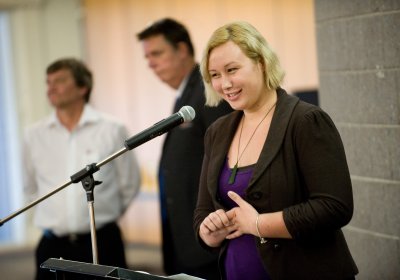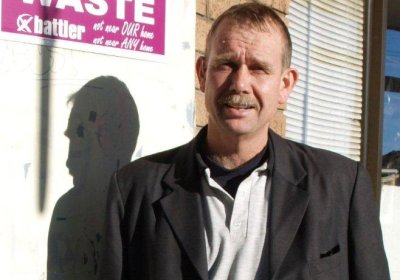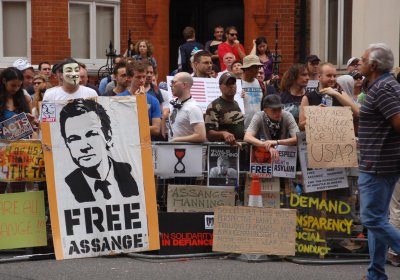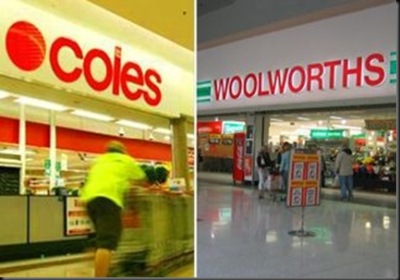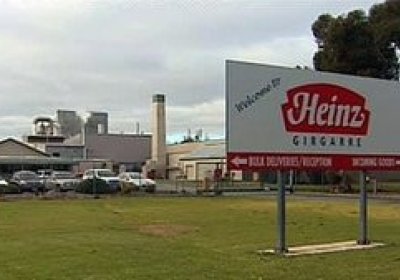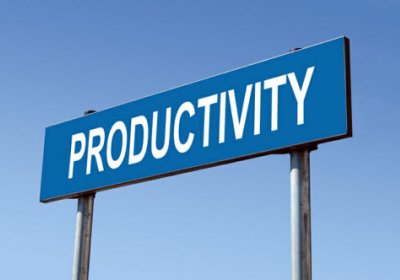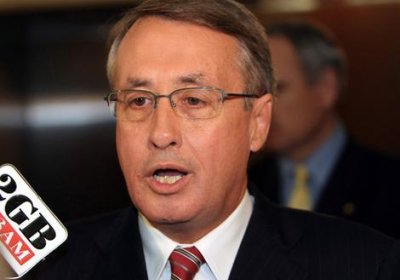Fred Fuentes
The decision by WikiLeaks editor Julian Assange to seek asylum in Ecuador’s London Embassy triggered an international media campaign that highlighted the “hypocrisy” of his decision to choose a country condemned for supposed attacks on press freedom.
Like all wars, the “price war” between the two big supermarket chains — Woolworths and Coles — has its casualties. It is in the countryside and ordinary households that the toll is being counted, not in the profits of the two giant corporations.
Far from taking the closure of the Heinz tomato factory sitting down, workers and community members from the 150-strong rural Victorian town of Girgarre are getting organised.
Behind the hype of Australia’s mining boom and “economic stability” lies the very real crisis affecting rural Australia.
- Previous page
- Page 5
- Next page
